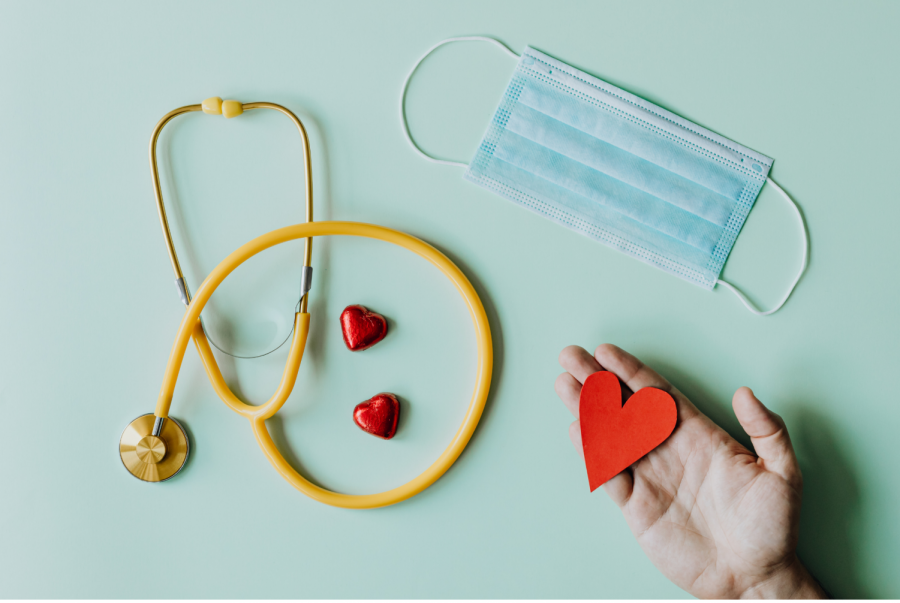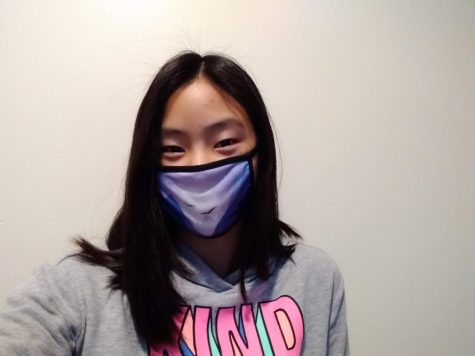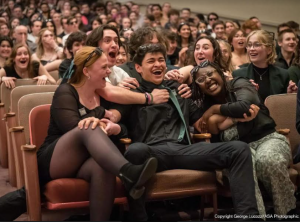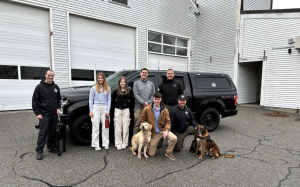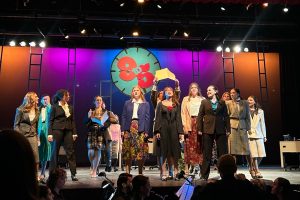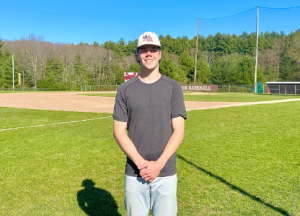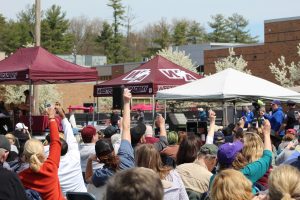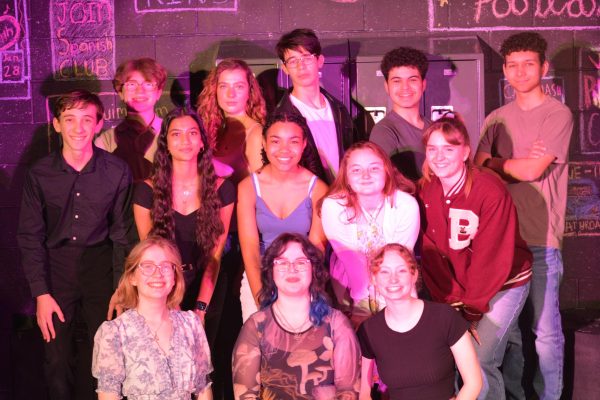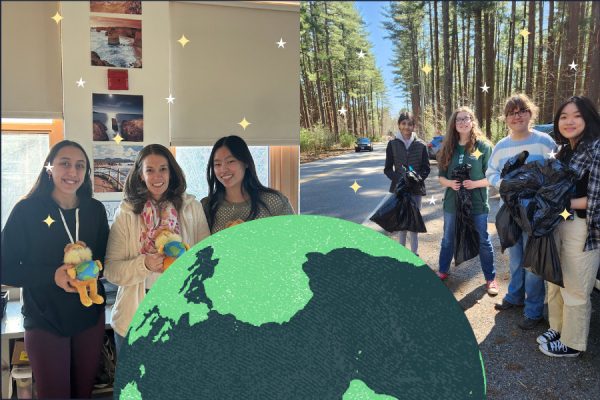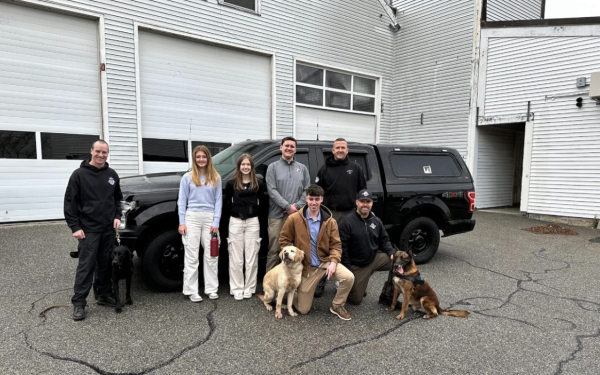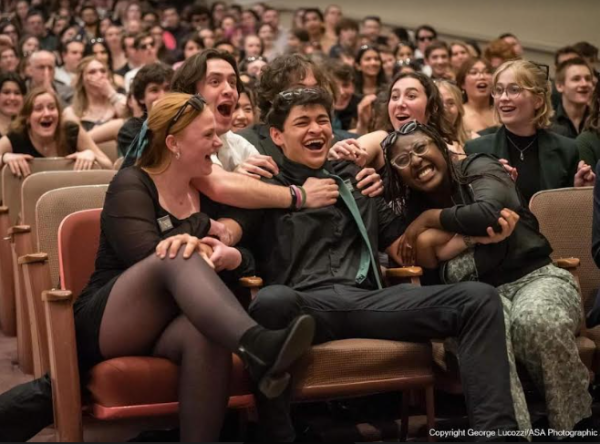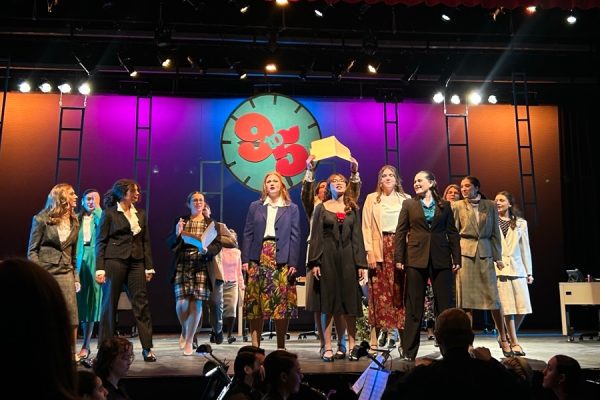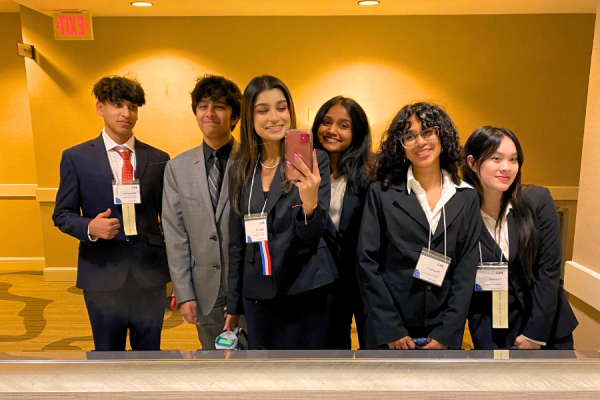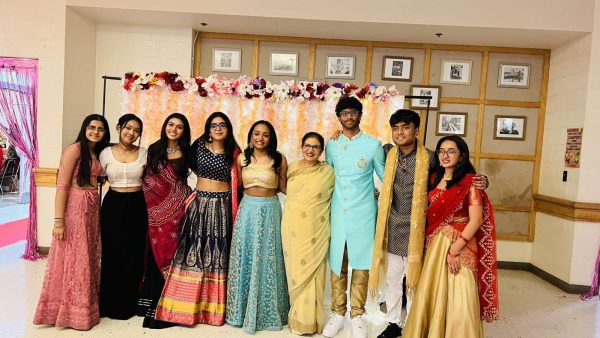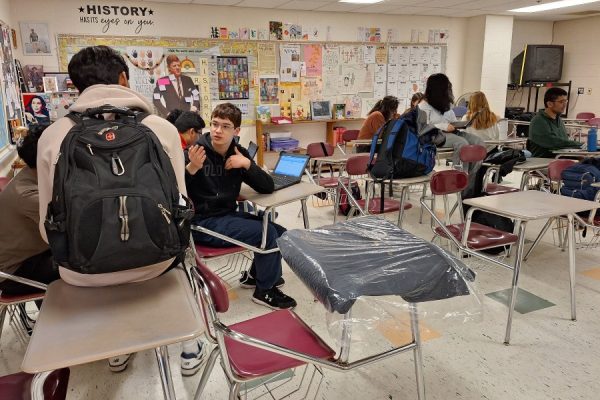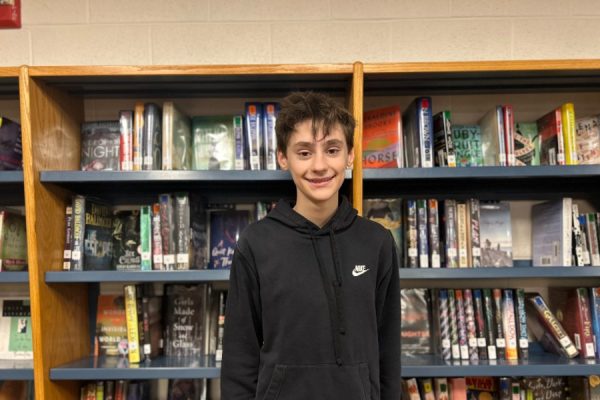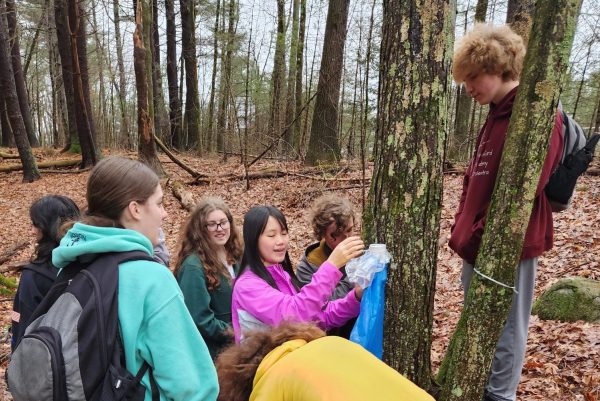COVID-19 inspires students to pursue dreams in pre-med and nursing
Made by Estella Cui using Canva
An assortment of medical supplies.
May 29, 2021
Nurses, doctors, and health care workers in health are needed now more than ever. High school seniors who are preparing to pursue their college careers have a different view of the medical field due to the impact of the COVID-19 pandemic. The pandemic not only impacted familial ties but also showed how quickly the healthcare field worked to support our nation.
Here at WA, we have our own selection of graduating seniors going into nursing or following the pre-med track in college. Along with the impact of having healthcare professionals in their families, students felt that the COVID-19 pandemic has impacted their views and thoughts about healthcare.
Senior Aishwarya Surendran committed to Brandeis University and is going to be following the pre-med track. She, along with senior Haleigh Millett who is going to St. Anselm College for nursing, both have family members in the health field.
“I grew up in the hospital. My mom was a pharmacy technician for a little bit. My grandmother and my great-grandmother [were nurses],” Millett said.
Surendran also feels a pull toward the healthcare field because of the people she notices often go out of their way to help others who need it more than they do.
“It inspired me seeing everyone working so hard to help others and make the world a better place. It’s kind of cheesy, but that’s definitely one of the reasons why I wanted to go into medicine,” Surendran said.
When the pandemic hit in late 2019 and spiked in early 2020, Surendran found it heartwarming that even more people were banding together for one unified cause.
“Helping others is not a newfound idea [for] me because I’ve noticed so many people banding together, especially to help me through all the problems [I went through]. I’ve seen their dedication to helping other people and that’s something that I also feel passionate towards,” Surendran said.
As scientists and vaccine researchers began to release different brands of approved vaccines to the public, Surendran noted yet another cause of inspiration and motivation.
“Seeing how quick vaccines were being produced [really inspired me]. It usually, to get one vaccine, takes forever. So, seeing how in only under a year, countries were able to come up with a vaccine was very intriguing to me,” Surendran said.
Similarly, Millett has noticed the same patterns of people helping others for a common good. As the cases of COVID-19 spiked, and nurses and hospitals were suddenly overloaded with a flood of new patients, Millett felt like she was helpless. She was itching to get into the healthcare field and aid with the public’s health.
“Just knowing that I couldn’t really do anything to help yet because there’s always a shortage of nurses. I can’t even imagine what hospitals were like [during the pandemic],” Millett said.
But in a time like this, both Millett and Surendran look to role models outside of the healthcare field and closer to their hearts. Their families are their biggest role models in life pursuing health and in life as a general.
“They [my parents and my brother] have always been here for me; I don’t have [any other] family that lives close by to me so it’s only them [close by],” Surendran said.
For now, both Millett and Surendran are focusing on their senior capstone projects. Both of the girls wanted to do something that will relate to their college majors. Surendran and a group of her friends are producing a podcast discussing the media’s portrayal of psychological disorders. On the podcast, they will compare facts they have learned in AP Psychology to movies such as Joker. Millett, on the other hand, is taking on an internship as her senior capstone, volunteering at Lowell General Hospital’s Mass Vaccination Clinic. As she watched healthcare workers around her do all that they could to help control the pandemic, Millett couldn’t help but jump in to aid as soon as she could.
“It [the clinic] can be very fast-paced, you’re on your feet the whole day. When I first got there, I was monitoring patients during the 15-minute wait, and yesterday I was peeling 300 band-aids.” Millett said.
Millett has learned a lot of new information from observing her family members and the healthcare workers that she spends her days with at the vaccination clinic. From these observations, she has developed some advice for everyone around the world. She has learned that even the smallest actions can make a huge impact in someone else’s life.
“Always treat people with kindness. You don’t know what someone’s going through. Try to make someone’s day better.” Millett said.

